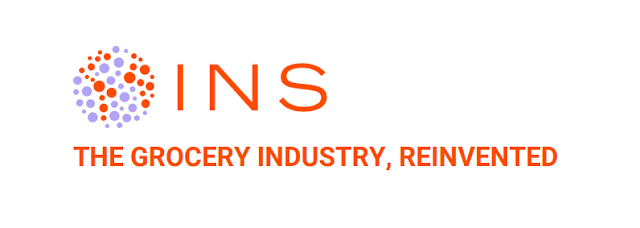
INTRODUCTION
A scalable blockchain-based platform that enables consumers to buy groceries directly from manufacturers at lower prices, with convenience. The INS ecosystem is validated by consumer interest and received strong support from manufacturers.
Poblem & Solution
The problem
Global grocery retailers have acquired a dominant market share and high concentration. They have increased influence over manufacturers and consumers and subsequently limit consumer choice and command control over pricing. Manufacturers have been forced to optimize for the retail supply chain, not quality, and spend 17% of their costs on trade marketing directed on retailers and wholesalers, not consumers.
The INS solutionThe only global decentralized online manufacturer-to-consumer platform, enabling consumers to purchase directly from manufacturers without the intermediation of retailers, powered by a self-regulating community of consumers and manufacturers. Our smart contracts enable manufacturers to run bespoke loyalty programs and reward their customers in INS tokens.
Direct-To-Consumer Platform
- Directly connects grocery manufacturers and consumers
- Overcomes retailer domination
- Offers a variety of smart contracts to facilitate operations
- Uses the INS token as means of consumer loyalty program rewards
BenefitsBenefits to Consumers
- High-quality groceries cheaper than in stores
- Groceries bought online easily and conveniently
- Unlimited access to suppliers of choice
Benefits to Manufacturers
- Full control of product pricing and listing
- Marketing and promotion directly to consumers
- Fast and detailed customer feedback
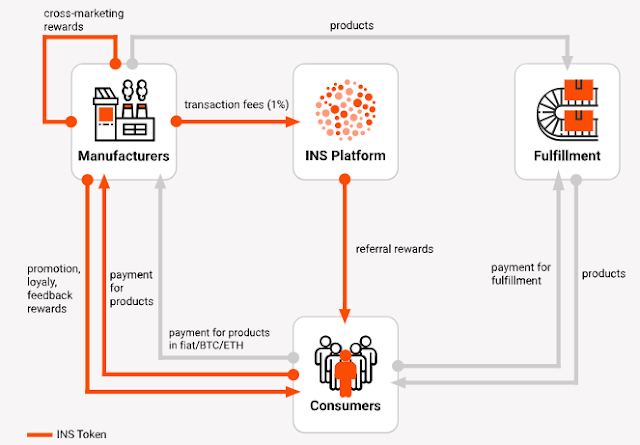
How the INS ecosystem will work
All manufacturers will be able to list and sell products directly to consumers, gain customer feedback and reward loyal customers. Blockchain and smart contracts are used to make the supply chain more efficient, trims costs, and power loyalty programs.
The INS ecosystem is planned to be deployed in the largest cities around the world with all the necessary infrastructure to make it operational.
INS targets one of the largest consumer markets
The global grocery market will reach $8.5 trillion by 2020. Online sales of groceries are expected to reach $300 billion by 2020. The grocery industry is one of the largest segments in global retail and forms a large share of the consumer’s wallet.
BLOCKCHAIN & SMART CONTRACTS
Blockchain is a shared-database technology, mostly popular for underpinning bitcoin digital currency. It works with linked databases that update digital ledgers unceasingly.
Smart contracts are self-executing contracts with the terms of the agreement between buyer and seller being directly written into lines of code. The code and the agreements contained therein exist across a distributed, decentralized blockchain network. Smart contracts permit trusted transactions and agreements to be carried out among disparate, anonymous parties without the need for a central authority, legal system, or external enforcement mechanism. They render transactions traceable, transparent, and irreversible.
The INS platform is designed as a very high-load system. The market potential for the INS ecosystem consists of millions of users, each of them making dozens of orders per year. The main focus is on performance, in which we seek smart contracts support, predictability, stability, and ease of use. We plan to use the most proven and scalable open source technologies and constantly monitor alternative technical implementations.
As the existing blockchain platforms such as Ethereum have inherent limitation in transaction bandwidth (currently limiting to a dozen tx/sec), and prospective platforms and frameworks are only in the development stage, we also consider designing and developing our own INS blockchain platform in the future, where nodes are selected from a semi-trusted set of supporters. Given the trust in the nodes, we will implement one of much faster consensus algorithms from the BFT family (HoneyBadgerBFT/Zyzzyva/others), enabling up to thousands transactions per second. A smart contract virtual machine will run on top of the consensus algorithm. The state of the INS blockchain will be regularly anchored to the most popular smart contract ledgers (at least ETH) so that proofs of state and proofs of transaction (within INS) can be verified by Ethereum smart contracts (like it is currently done in BTCRelay or will be done in the future in Plasma). Common optimization techniques such as state sharding and payment channels will be also implemented.
BLOCKCHAIN APPLICATIONS IN INS
- Smart contracts
- Payments
- Supply chain management
SMART CONTRACTS
Blockchain and smart contracts provide the tools and framework to create a new generation of marketplaces where supply and demand sides can engage in trusted trading transactions, according to various business rules, without the need of a central brokerage entity. Consequently, the same way online marketplaces disrupted many traditional brick and mortar businesses, blockchain and smart contracts will give birth to a new kind of peer-to-peer marketplaces that will unsettle the current ones.
INS will provide a number of smart contract templates that will be used to facilitate the sale mechanism. The peer-to-peer structure is the perfect fit for the decentralized nature of the INS ecosystem and has the benefit of handing over the power back to the people participating in the ecosystem.
PAYMENTS
The payment process in e-commerce currently entails more than 10 different steps to settle a transaction and up to 15 separate fees to pay for payment gateways, thus making transaction fees range from 2% to 6%, a long route that could be cut short with blockchain use. Blockchain is the perfect tool for ecommerce to be more efficient and more trustful. Payment processing through blockchain has a significantly bigger potential for transaction high speeds and low prices, let alone all the possible variety of ways smart contracts can improve both ecommerce and payments. A tokenized ledger will provide a complete token-based system, similar to “real” money where tokens are sent and exchanged at different times and for different reasons, based on predefined rules and events.
SUPPLY CHAIN MANAGEMENT
E-commerce companies must manage a complex supply chain of manufacturers, third-party vendors, carriers and logistics providers. A blockchain of the transaction, containing order details and negotiated fees and commissions (in the form of smart contracts) will be used to capture documents, delivery and possible return events, and drive financial settlement with fewer opportunities for dispute. The public-private nature of blockchain records means that each party can make data visible to the others. All parties have visibility into the transaction and no custom interface has to be negotiated between partners (only to/from the blockchain).
The blockchain is the system of record for the entire transaction. It doesn’t merely record the transaction, it drives the whole process. This will reduce time delays, added costs and human errors that plague transactions today, automate inventory control, and streamline fulfillment processes, but errors to some extent are possible since grocery products are not digital, the blockchain records of their track is inevitably post-factum.
APPS & INTERFACES
We plan to develop and publish a website and mobile apps for consumers, as well as mobile apps and web interfaces for all other ecosystem participants.
CONSUMER APPS & WEBSITE
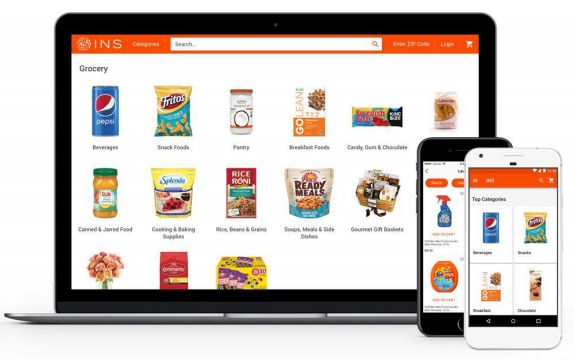
Consumers will shop for groceries and provide feedback on the website or in the apps. The official consumer app implements the consumer side of the model including access to smart contracts and access to products from a decentralized cloud storage.
The app will be published as open source software on GitHub and serve as the formal reference implementation. Manufacturers can alter the official app and release their own branded and customized apps. We will publish an open source customization software development kit (SDK) with tutorials and documentation to make the app customization process as easy as possible. Customized app implementations are not forks of the INS platform and are not forks of the INS token but simply a different client for the same network.
FULFILLMENT APP
The fulfillment app will provide a smooth order fulfillment process to allow fulfillment center workers and couriers to coordinate with each other, manufacturers and consumers. The fulfillment app will be published on Android Play.
WEB INTERFACE FOR MANUFACTURERS
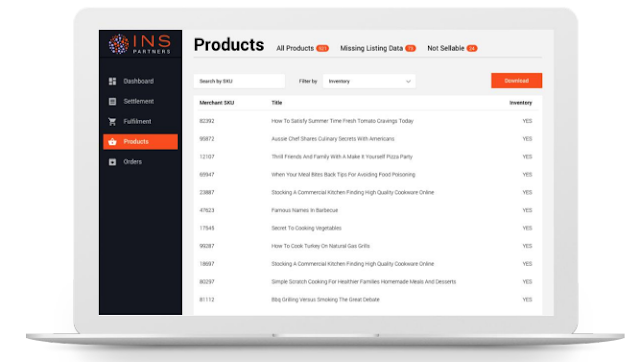
The web interface for manufacturers will run in a web browser without the requirement of local installation and allow to perform all actions, including listing and editing products, performing stock control, setting delivery options and reward policies.
WEB INTERFACE FOR FULFILLMENT CENTER OPERATORS
The web interface for fulfillment center operators will run in a web browser without the requirement of local installation and allow to set warehousing fees, receive statistics and earning reports.
GEOGRAPHICAL EXPANSION PLAN
We plan to choose cities for expansion based on the population size, income level and grocery market concentration ratio. The map below presents a preliminary list of cities, which might be subject to change as we progress with the project.
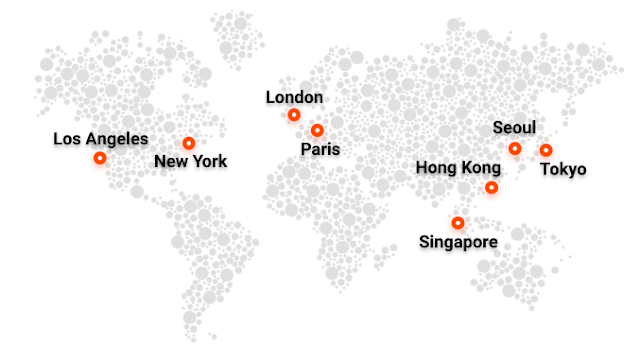
INS founders’ previous experience with Instamart serves as a very solid jump start. We plan to actively engage independent fulfillment center owners to join the INS ecosystem, further accelerating expansion and enhancing the decentralized nature of the ecosystem.
INS TOKEN
The INS token serves as a method to power direct manufacturer to consumer loyalty programs and can be used as a means of payment.
Token Sale terms
Start: December 4, 2017
Hard cap: 60,000 ETH
Exchange rate: 1 ETH = 300 INS
ERC-20 token
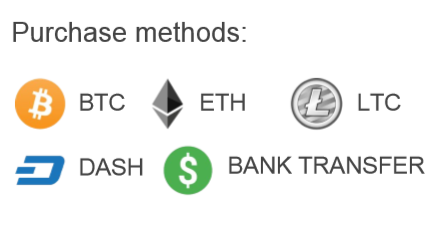
The exact number of tokens generated depends on the amount of funds contributed. No token creation, minting or mining after the end of the Token Sale period. Tokens will be transferable once the Token Sale is completed
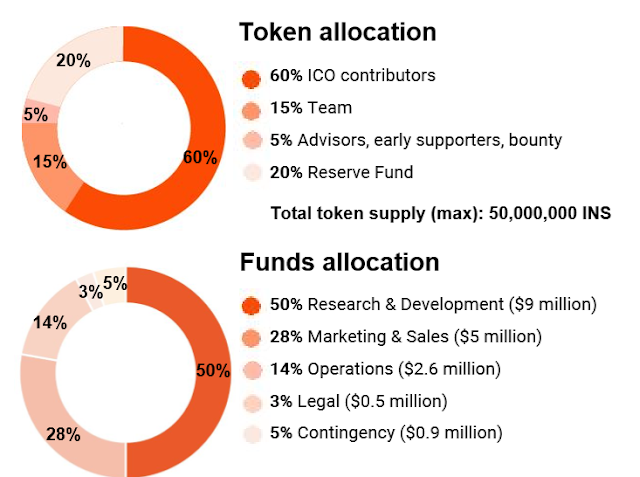
ROAD MAP
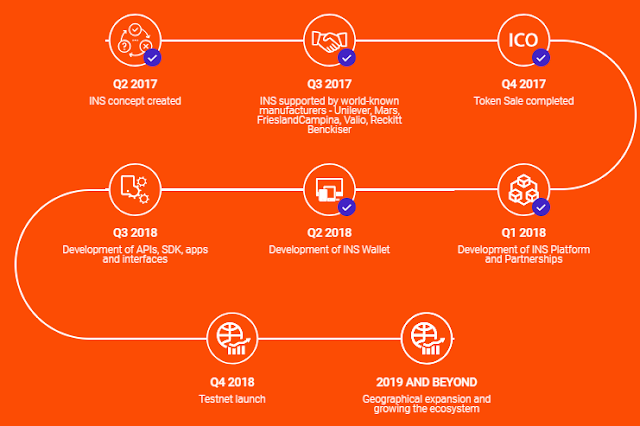
TEAM & ADVISORS
ADVISORS
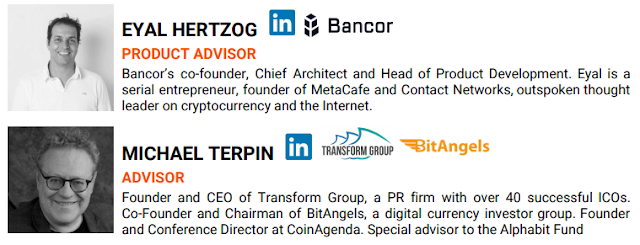
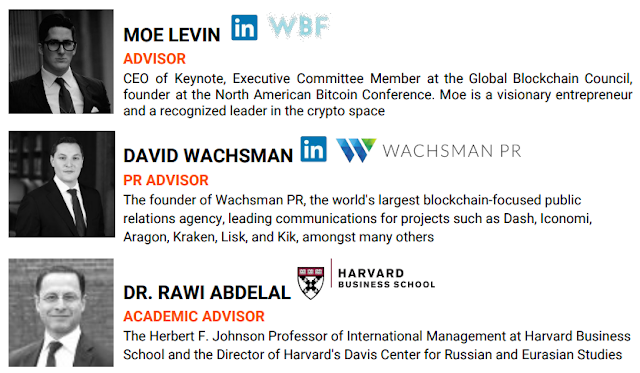
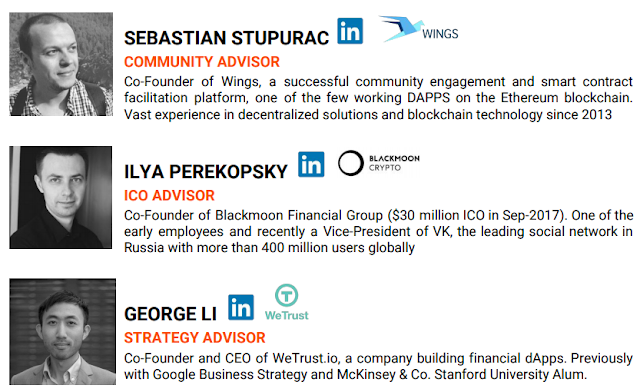
CORE TEAM
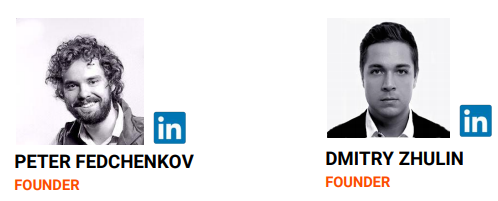




PARTNERS


For more information official web and support :
website : https://ins.world/
ann : https://bitcointalk.org/index.php?topic=2208591.0
whitepaper : https://ins.world/INS-ICO-Whitepaper.pdf
facebook : https://www.facebook.com/ins.ecosystem/
twitter : https://twitter.com/ins_ecosystem
telegram : https://t.me/ins_ecosystem
one-pager : http://ins.world/INS-ICO-OnePager.pdf
AUTHOR :
Name :ayumichia
wallet eth erc20 : 0xd9f364c40Eb6E0466DA1185d7eaEbF2a0Abf4A5d
Bitcointalk Profil : https://bitcointalk.org/index.php?action=profile;u=1427084
Hi! I am a robot. I just upvoted you! I found similar content that readers might be interested in:
https://coins.newbium.com/post/18539-review-ins-first-global-decentralized-consumer
Coins mentioned in post: